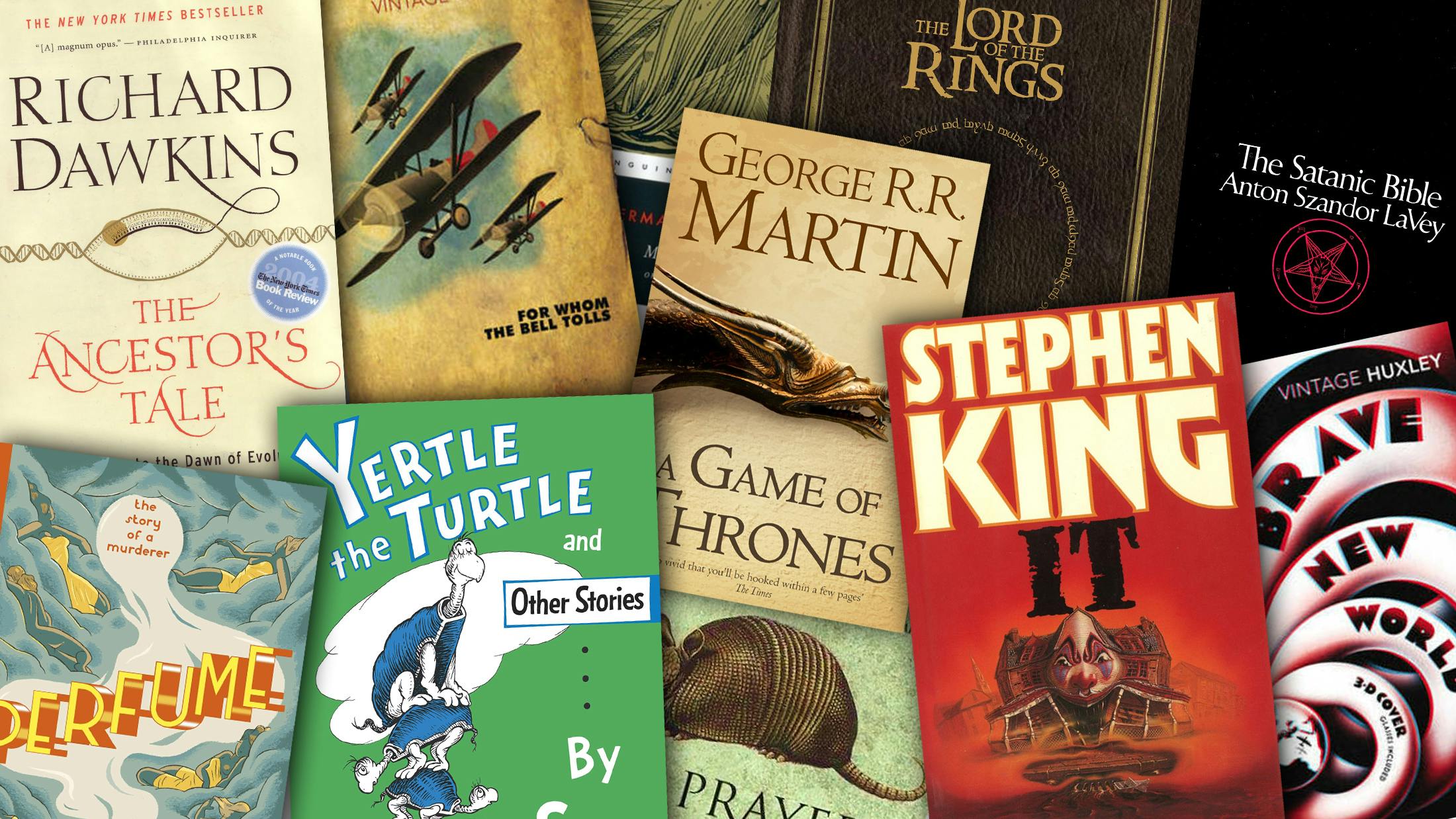One of the greatest strengths of rock music – in its evolution out of folk and blues – has always been its ability to tell a story. From breathtaking tales of adventure to harrowing stories of war to spine-prickling accounts of serial killers and other assorted monstrosities, the world of classical and contemporary literature has always proven a happy hunting ground for artists hungry for inspiration.
Some bands lean heavily on their bookcases. Standalone lists could easily be compiled, for instance, based on the literary-inspired works of Iron Maiden (The Longest Day, Lord Of The Flies, The Rime Of The Ancient Mariner, Seventh Son Of A Seventh Son, Sign Of The Cross and To Tame A Land to name a few) or Blind Guardian (Altair-4, A Traveller In Time, Lord Of The Rings, The Soulforged, Tommyknockers). Others are more selective, if no less creative in their expansion of authors’ ideas into musical soundscapes.
We’ve delved deep into the back catalogue of our favourite artists to compile a list of our 17 favourite compositions drawn from literature. We bet you didn’t expect to find Dr. Seuss in there…
